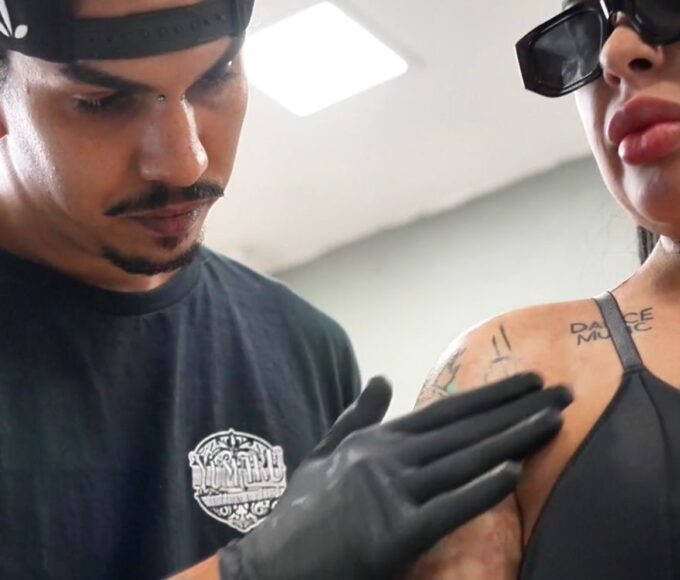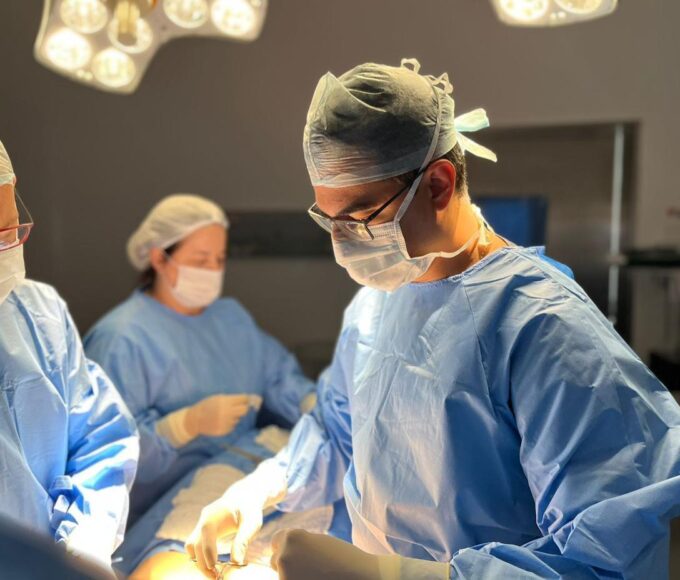Urologist from Santos shares measures that can be taken to prevent complications
As we enter the coldest season of the year, it is common for certain diseases to become more prevalent. The most well-known are respiratory tract illnesses, such as the flu and common cold. However, some urinary tract problems also become more frequent as temperatures drop.
Urologist Dr. Heleno Diegues Paes states that individuals with Benign Prostatic Hyperplasia (BPH) and Overactive Bladder Syndrome commonly experience worsened urinary symptoms. BPH causes urinary obstruction in some men, making it more difficult for them to urinate. They may experience symptoms such as a weak and intermittent urinary stream, straining to urinate, and an increased frequency of urination. These symptoms tend to become more intense in cold weather. In the case of Overactive Bladder Syndrome, individuals experience a strong urge to urinate and may struggle to hold in urine. These individuals also tend to suffer more during colder periods.
Other individuals who suffer from recurrent urinary tract infections may experience more frequent bladder infections due to changes in their daily habits. It is common for people to reduce their fluid intake during this time of year, resulting in longer periods without urinating.
“Increasing hydration to maintain clear urine and avoiding holding urine for long periods are some precautions we should take to prevent infections during this period,” advises the specialist.
Other measures that can be adopted include urinating after sexual intercourse and wearing cotton underwear. The latter is especially important to prevent the development of fungal infections in the genital and groin areas, which can be triggered by wearing warm and tight clothing in winter.
“Symptoms of a urinary tract infection include a strong and frequent urge to urinate with a scanty urine output, burning sensation, bladder pain, back pain, blood in the urine, foul odor, dark-colored urine, and fever,” warns Paes.
The treatment varies depending on the type and severity of each infection, usually involving the use of antibiotics. Uncomplicated urinary tract infections can be treated with a single dose of antibiotics or for a short period of time, depending on the chosen medication. However, kidney infections or prostatitis require a more prolonged treatment.
While adequate water consumption stimulates the functioning of the urinary system and helps prevent infections, it is important to emphasize that, regardless of the symptoms, a urologist should always be consulted for a proper evaluation and to determine the best treatment for each case.
About Heleno Paes
Born and raised in Santos, Dr. Heleno Paes became interested in medicine towards the end of high school when he had to assist a friend with renal colic. Later, he went on a school excursion to help students choose a profession and visited the medical school at USP (University of São Paulo). He was fascinated by the study of the human body, the pathology lab specimens, and decided that was what he wanted to do. He then enrolled in the Medical School at Lusíada University Center in Santos in 1997.
After six years, he graduated and joined the Army. He was stationed in the Amazon region, where he provided assistance to the local underprivileged population. After a year, he returned and moved to São Paulo, where he specialized in general surgery at Tatuapé Municipal Hospital, followed by urology at Santa Marcelina Hospital, and finally, renal transplantation at the same institution.
During this period, he took courses in microsurgery, videolaparoscopy, and other relevant subjects to enhance his training. Currently, he works as a medical assistant in the sub-specialties of Uro-oncology and Renal Transplantation at Santa Marcelina Hospital, the largest hospital in the Eastern Zone of São Paulo. He is also a preceptor for medical interns and residents and teaches at Santa Marcelina Medical School. In Santos, he practices medicine in his private office, where he dedicates all his efforts and knowledge to caring for his patients.
















Leave a comment